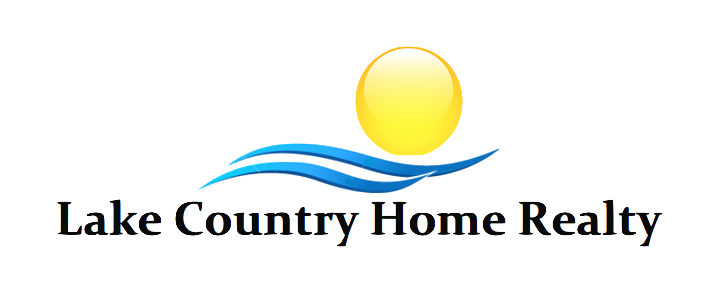One of the most common questions for first-time home buyers, and sometimes other buyers as well, is how much it will cost to buy a home? Of course, the answer has many variations. Some of the things that can factor into the cost at closing include: down payment, loan fees, escrow account charges, title charges, government recording and transfer charges, along with some additional settlement charges.
Your down payment can range anywhere from 0%-100% of the cost of the home. Although it is not as typical that you see 0% down payment. There are some loan programs with specific guidelines that can allow a person to put down 0%. The most common down payment amounts range from 5%-20%. This is because conventional loans require a 5% down payment and if you put down 20% or more you don't have to pay mortgage insurance.
Loan fees have a wide range of charges. It all depends on the lender. I would say a good estimate is somewhere between $1000-$2500 for the loan origination charges. This is one thing you should check into before committing to a specific lender. Some of the other common loan fees include: appraisal fee, credit report fee, tax service, and flood certification.
Escrow account charges. Typically if you are getting a loan over 80% of the value of the home your mortgage company will require you to escrow your taxes and insurance. For taxes and insurance purposes your bill will be divided into 12 payments and submitted into an account that the mortgage company takes care of. You will receive this money back at the end of the year to pay for your taxes and insurance.
Title charges can vary depending on the title company. The title company checks the title to make sure it is free and clear of any liens against the property. They also provide the title insurance and GAP insurance. These charges can range anywhere from $750-$2000.
In Wisconsin government recording and transfer charges happen at every closing. The deed to the property is a $30 fee. The transfer taxes are based on the sale price of the home, and are typically paid for by the seller.
Some of the additional settlement charges include: association fees, association transfer fees, and utility bill charges.
This is a breakdown of what you can expect to pay for at closing when you are buying a new home. Of course, these fees can change depending on every situation. If you like this post or have any suggested blog topics be sure to comment below.
Your down payment can range anywhere from 0%-100% of the cost of the home. Although it is not as typical that you see 0% down payment. There are some loan programs with specific guidelines that can allow a person to put down 0%. The most common down payment amounts range from 5%-20%. This is because conventional loans require a 5% down payment and if you put down 20% or more you don't have to pay mortgage insurance.
Loan fees have a wide range of charges. It all depends on the lender. I would say a good estimate is somewhere between $1000-$2500 for the loan origination charges. This is one thing you should check into before committing to a specific lender. Some of the other common loan fees include: appraisal fee, credit report fee, tax service, and flood certification.
Escrow account charges. Typically if you are getting a loan over 80% of the value of the home your mortgage company will require you to escrow your taxes and insurance. For taxes and insurance purposes your bill will be divided into 12 payments and submitted into an account that the mortgage company takes care of. You will receive this money back at the end of the year to pay for your taxes and insurance.
Title charges can vary depending on the title company. The title company checks the title to make sure it is free and clear of any liens against the property. They also provide the title insurance and GAP insurance. These charges can range anywhere from $750-$2000.
In Wisconsin government recording and transfer charges happen at every closing. The deed to the property is a $30 fee. The transfer taxes are based on the sale price of the home, and are typically paid for by the seller.
Some of the additional settlement charges include: association fees, association transfer fees, and utility bill charges.
This is a breakdown of what you can expect to pay for at closing when you are buying a new home. Of course, these fees can change depending on every situation. If you like this post or have any suggested blog topics be sure to comment below.
